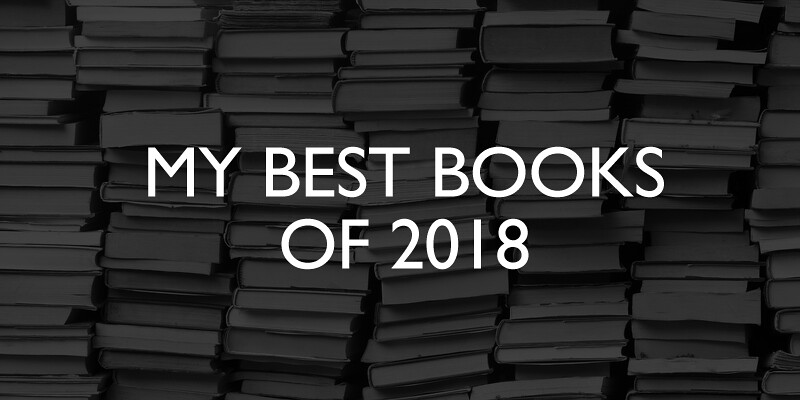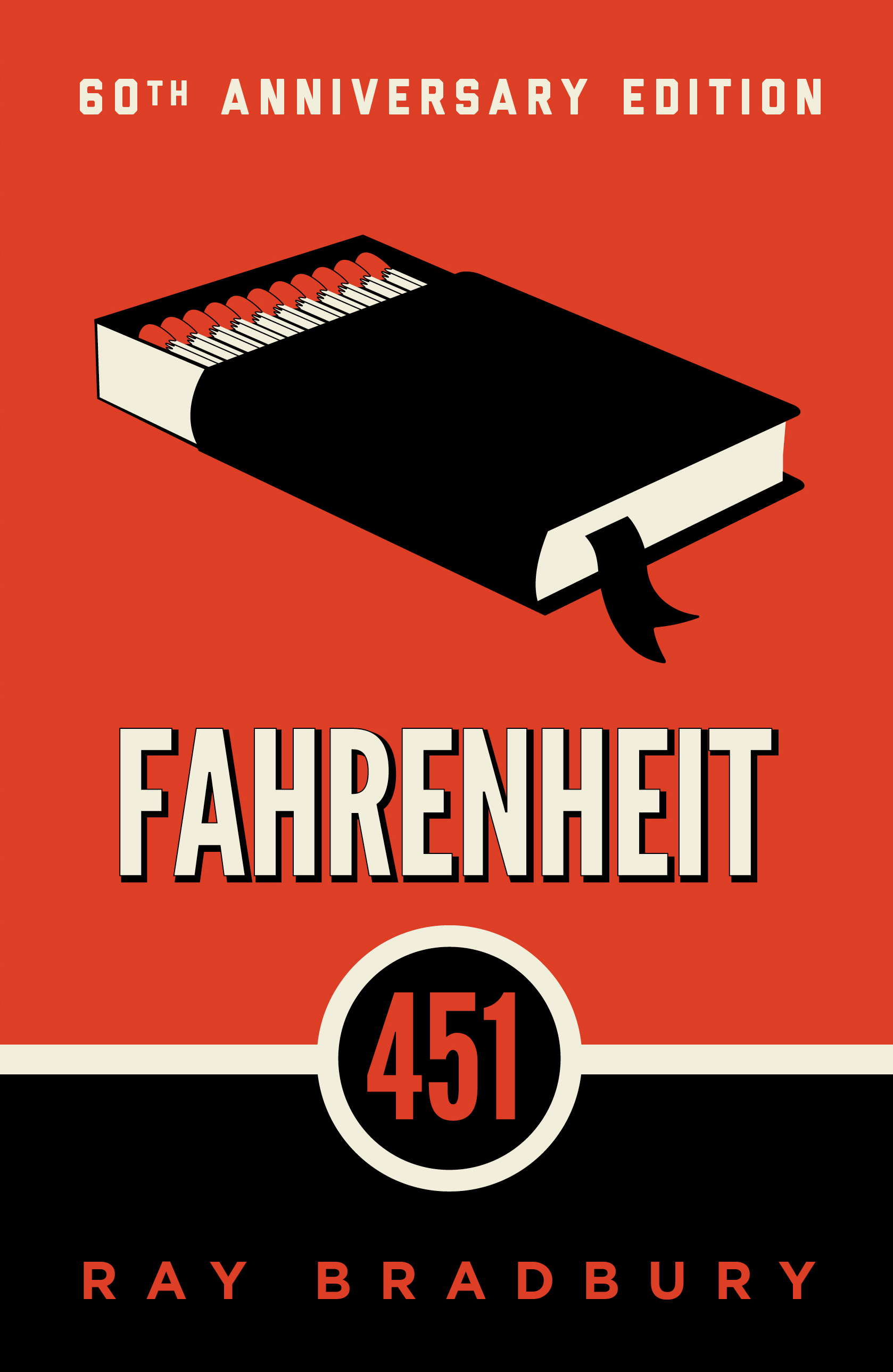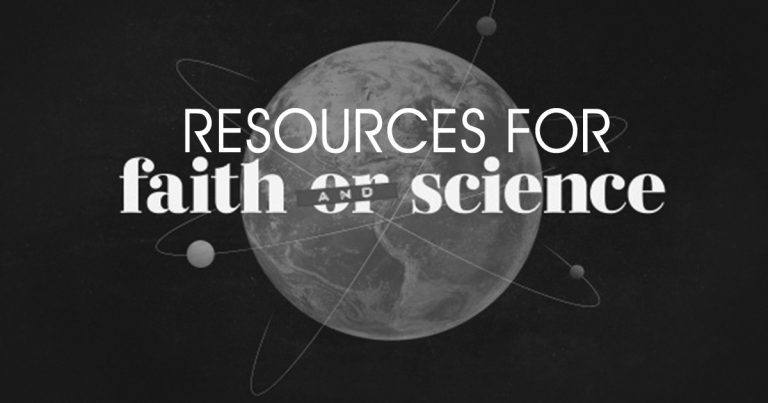
As I reflect on 2018, here are my best books of the year. (No albums or movies since I didn’t engage enough of either – thanks Spotify/Netflix – to merit awarding my favorites):
Best Christian Life Book (Classic) – The Screwtape Letters by C.S. Lewis. I confess I hadn’t read Lewis’ classic work in total, only in bits and pieces. Almost immediately I could see why this book has been highly lauded all these years. Written from the diabolical perspective of a senior demon to his apprentice, The Screwtape Letters is as apropos for today as it was when published in 1942. So much of Lewis’ insights about the Christian life are exactly what many in the church need to hear today. His writing particularly on the temptation of Christians succumbing to the desire for cultural acceptance felt almost prescient to me. Outstanding! Lord, please give your church more thinkers like Clive Staples Lewis.
Best Biblical Studies/Theology Book (Classic) – Reformed Dogmatics: Prolegomena, Vol. 1 by Herman Bavinck. I have read at least five different systematic theologies (and dabbled in others). I teach it eight months out of every year. My doctoral dissertation concerned the intersection of systematic theology and adult spiritual formation. Needless to say, I like systematic theology. However, I felt the need to sink my teeth into a kind of systematic that wouldn’t be toned-down for laypeople (e.g., Grudem) because those tomes tended to frustrate as much as benefit me. I had heard Bavinck’s four volume systematic theology was the gold standard of reformation thought in the field. Halfway into Vol. 1 (which is merely Bavinck’s introduction to his systematic theology!) I could see why.
Reformed Dogmatics has a gravity, precision, and brilliance about it that is unparalleled in my experience. It’s also the hardest systematic I have ever tried to read because it assumes a reader who is versed in church history, philosophy, and other areas of knowledge. Frankly, it’s the first systematic theology in a long time where I resonated deeply about its portrayal of God – grand, mysterious, beyond knowing (and yet revealing knowledge). It asked better questions, sought better answers, and was okay knowing its limitations. Reading Bavinck feels like climbing Everest. It’s time-consuming and difficult, even excruciating at moments, but the view you get at the end is unforgettable.
Best Biblical Studies/Theology Book (Modern) – Desiring the Kingdom: Worship, Worldview, and Cultural Formation by James K. A. Smith. Jamie Smith is Professor of Philosophy at Calvin College and the author of a trilogy called Cultural Liturgies of which Desiring the Kingdom is the first volume. I read Smith’s Awaiting the King (Vol. 3) early in the year and could have easily replaced Desiring with it but am letting my original decision stand.
Desiring the Kingdom is an engaging, winsome, well-written argument for the worship service as spiritual formation. Smith is an admitted traditionalist and argues that the historical practices (or traditions) of orthodox Christian worship (e.g., call to worship, creedal recitation, confession of sin) are the very things that can be antidotes for the community of faith in a post-Christian culture. Those practices are habit-forming and, as such, can be deep channels of grace whereby God grows us and keeps us faithful to him. One could argue that Desiring the Kingdom is the kind of book the North American church will need to read…and likely heed to some degree if she is to remain effective in her forming disciples of Jesus in the post-everything future.
Best novels in 2018:

Best Fiction – Moby Dick by Herman Melville. I’m convinced I need to write a blog post on why high school students shouldn’t read classics they’re not ready for yet. With that said, this is my second time to read Moby Dick. The first was in high school where, due to my boredom with the text, I essentially tried to “Cliff Note” my way through the second half of the book. It felt like just one more boring read I had to suffer through in order to pass my class. In my rekindling of my love for reading, I’ve recently reengaged the idea of reading the classics (as the rest of my “best of” attests to), so I put Melville’s novel back on the nightstand.
Moby Dick is regarded by many as the “Great American Novel” and why Nathaniel Philbrick, a National Book Award winner and Pulitzer finalist himself, called it as close as we get to our “American Bible.” Interestingly, Philbrick published a book called Why Read Moby Dick. The late theologian R.C. Sproul also wrote an article calling for the same, believing that “the greatest chapter ever written in the English language is the chapter of Moby Dick titled ‘The Whiteness of the Whale.'”
Reading Moby Dick as a mid-life adult was a completely different experience for me. I found Melville’s novel to be transcendent, sublime, and magisterial. His articulation of soul and its desires/questions/temptations via a whale hunt is almost otherworldly. Yes, it’s long. Yes, it’s difficult (e.g., numerous whaling terms). Yes, it’s demanding. But yes, it’s a story that can leave you enraptured and grateful for journeying with the Pequod. Today, I completely understand why many consider it the greatest novel ever written.
Best Fiction – To Kill a Mockingbird by Harper Lee. Unlike Moby Dick, this is a classic I had never read before. Of course, I heard innumerable people praise Lee’s tale of a young Alabama girl named Scout dealing with race along with her father Atticus Finch in the 1930’s. A book also contended as the “Great American Novel,” To Kill A Mockingbird asks many questions of the reader concerning race and justice: Can I walk in someone else’s shoes who’s suffered? What is my response to racism today? How much am I blind to in the culture I live in? I was blown away at how real Scout felt as a character. The story is heartbreakingly wonderful. There are moments of laughter, many of righteous indignation, and even a few where I was simply left in tears. To Kill A Mockingbird isn’t just a good book, it’s one of the best I’ve ever had the pleasure of reading because, while it may be a book you put down, it’s one that never leaves you.
Best Fiction – Angle of Repose by Wallace Stegner. Last year I read Stegner’s Crossing to Safety which became one of my favorite reads of 2017. Stegner has a way of writing beautifully while striking at the heart of things in a way that the reader can rest in, reflect upon, and even make resolutions in light of. Angle of Repose, a 1972 Pulitzer Prize winner, concerns four generations of a family (spanning from the late 1800’s to the 1970’s) trying to make it in the West. It’s a story of marriage and endurance and how things pull on them both. Stegner’s narrative ability is superb while his powers of natural description are phenomenal. In short, I’ve become a big fan. Angle of Repose spoke to me as a man who’s in the initial movements of the second half of his life. This is the kind of book I love to walk with.
Best Fiction – Fahrenheit 451 by Ray Bradbury. This is another classic I had never read before. It’s also another book, after reading it, where I realized why it was a classic. Power, censorship, and media-think control the narrative theme. Written by Bradbury during the McCarthy Era of the 1950’s, it’s easy to see how that political backdrop informed Fahrenheit 451. I read this pondering how appropriate it was for 2018 where we, as a nation, are driven in our thinking by technology (i.e., social media) to the degree that alternative ideas and opinions are berated/heckled/lampooned (dare I say almost ‘socially censored’). This was one dystopian novel that unfortunately didn’t feel so dystopian. A powerful read for today.
Best Fiction from a Debut Author – A Place for Us by Fatima Farheen Mirza. My wife, a reader in her own right, finished this book then proceeded to be in tears the rest of the day. She repeatedly told me between bouts of weeping that this was one of the most touching books she’d ever read. I was powerless to resist. I picked up the book and started reading that day. Mirza, who published her book at the young age of 26, writes about a Muslim family whose children are finding their own way to being modern-day Americans while both embracing and distancing themselves from their faith of their immigrant parents. It asks questions of love, identity, family, and faith. Think of this as the Muslim equivalent of the prodigal son. Upon reaching the end of the novel I realized why my wife was so upset. It brought me to tears as well. I won’t give it away but if you are a parent (no matter your faith), there’s no escaping the feelings Mirza expects for you to be engulfed in at the end of her beautiful book.
Best Non-Fiction – God God Save Texas: A Journey Into the Soul of the Lone Star State by Lawrence Wright. I didn’t read many non-fiction books this year but of those, I thought Wright’s book was the best. He is a Pulitzer-prize winning author whose book on Texas is essentially a commentary on the Lone Star State. His talent for writing is unmistakable. His stories are engaging and the facts he gives about Texas (e.g., the city of Houston; impact of Texas) are fascinating. Another thing you can’t miss about Wright’s writing is that it is definitely slanted toward politically liberal ends. There were some parts where I simply thought his chapters should be titled, “Why I’m mad Texas is generally a Republican state when I wish it was a Democratic one.” To be fair, it’s his book. He can write from whatever perspective he wants. However, I felt there were too many times he came across as an evangelist for the political Left arguing not from facts but from assumptions and ad hominems. Again, it’s his book. But if he wants more Texans to read it (which I’m not sure is a big concern of his), he might could have been a little more fair-minded to the other side. Regardless, I found Wright’s book to be engaging and worth the read.
Best Worst Book – Invisible Monsters by Chuck Palaniuk. I really thought the movie Fight Club back in the 90’s was a challenging but groundbreaking tale of men struggling to find identity and meaning in their lives. Though not for the faint of heart, I considered it a movie of consequence. I know many men who still highly regard it today. I had always thought of Palaniuk, the author of Fight Club, as a kind of shock jock for authors. His tales are usually graphic, explicit, and brutal. However, I took a chance on reading him thinking that those are simply the kinds of constructs he uses to tell tales that matter. While that might still be true, I didn’t get that from Invisible Monsters, the book considered by most to be his best. I appreciated the story’s attempt to talk about what’s real in a world given to appearance, but the sexually graphic content felt gratuitous and completely unnecessary. I’m not one to shy away from “tough content” (I mean, Cormac McCarthy’s Blood Meridian is my favorite book of all time), but there were a few moments that had to put the book down and wonder if I would pick it back up again. Ultimately I did, each time thinking, “Surely the inclusion of these kinds of scenes will make sense in the end.” For me, they didn’t. One of my unwritten rules of reading is if I start a book, I must finish it. Invisible Monsters almost made me break it. Almost. Easily my worst book of 2018 and maybe ever.











2 thoughts on “My Best Books of 2018”
Do you get a portion of the affiliate links?
This is a great read in itself, Yancey. Thank you for your deep insights. How you make the time is an amazing accomplishment. Hope to again be able to start on the classics myself. Maybe in 16 months when Lucians in college – and playing soccer. Blessings. Catalin